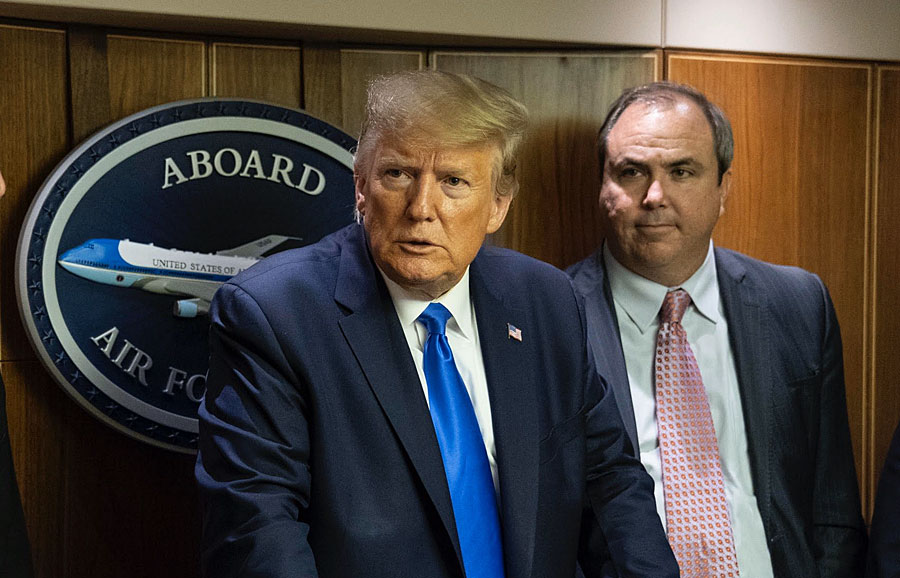
TALLAHASSEE, FL – Sen. Joe Gruters on Monday filed a new E-Verify proposal that would place less-stringent requirements on private employers than a proposal he initially supported. Gruters, a Sarasota Republican who chairs the Republican Party of Florida, initially signed up as a co-sponsor of a bill that would have required all Florida businesses to use the federal government’s E-Verify system to check the immigration status of new hires.
Gruters’ new bill (SB 1822) would mandate use of the verification system for state and local government agencies and their contractors. Private employers, other than government contractors, would not be required to use the controversial background-check system. Gruters’ proposal is similar to one (HB 1265) filed last week by Rep. Cord Byrd, R-Neptune Beach, in the House.
Gruters and Byrd will work together in the Senate and House to get the bills passed during the legislative session that starts Tuesday. They also championed a bill last year that bans so-called sanctuary cities in Florida.
The Republican-controlled Legislature has long pushed back against E-Verify proposals, which have faced opposition from the agriculture, tourism and construction industries. If an E-Verify proposal passes this year, it would be a win for Gov. Ron DeSantis, who has asked the Legislature to send him an E-Verify bill. When asked by The News Service of Florida, the governor’s office said DeSantis was “encouraged by the legislation regarding E-Verify that has been introduced in both legislative chambers.” His office did not answer whether he supported the exemption for private businesses in the Gruters and Byrd bills.
“Governor DeSantis is committed to working with the Legislature to ensure Florida upholds the rule of law by ratifying (the E-Verify) requirement for employment this year,” his office said in a statement.
Sen. Tom Lee, R-Thonotosassa, filed the more-stringent E-Verify bill with Gruters in October. He has said it would need to “make sense” to carve out private businesses from the requirement.
“It can’t be some deal we cut to a special industry because they have a special status in the Legislature,” Lee said in October.
This story was provided by The News Service of Florida in cooperation with The Published Reporter.



Comments are closed.